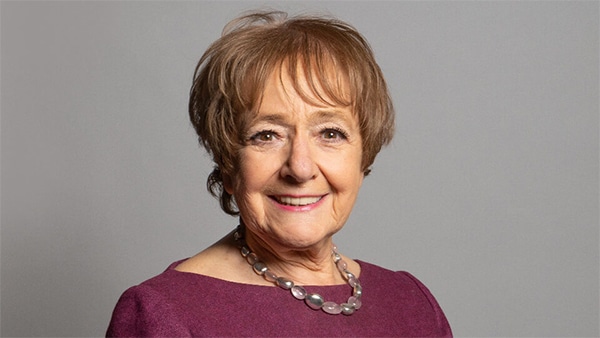ACE review will explore how to protect culture from ‘short-term political expediency’, Museums Association, 25 February 2025
Government’s open call for evidence runs until 24 April

The UK Government has launched an open call for evidence as part of its independent review of Arts Council England (ACE).
The government is inviting “anyone with an interest in or a view about” the operation of the arm’s length funding body to respond to its survey by 24 April.
Announced last year by the previous Conservative government, the review was put on hold in the run up to last year’s general election.
In autumn, the newly elected Labour government confirmed that the review would go ahead with a remit to explore the purpose and structure of ACE.
The government says the review will not, as part of its scope, look at the “the question of whether ACE should exist”. However, it will examine how well the arm’s-length principle is working, focusing in particular on “how decisions about arts and culture funding can be protected from short-term political expediency”.
The review will examine questions such as the role of the arts council in the wider cultural ecosystem, whether the principle of delivering both excellence and access is embedded in its work, and whether regional intelligence and expertise is sufficiently integrated into its structures and processes.
The review will also examine the organisation’s activity and decision-making, including how far it responds to the views, desires and demands of diverse organisations, groups and people, and the effectiveness of its funding decisions.
The review will assess the effectiveness of ACE’s relationships and partnerships with its stakeholders, exploring how effective the relationships are between ACE and the organisations it funds, as well as how effective its relationships are with non-funded organisations, local authorities and other stakeholders.
The government announced the terms of reference and full advisory panel for the review last week as part of culture secretary Lisa Nandy’s inaugural Jennie Lee lecture marking the 60th anniversary of the first ever government white paper for the arts.
The review panel will be led by Baroness Margaret Hodge, joined by seven other members, including Laura Pye, the director of National Museums Liverpool and soon-to-be chair of the National Museum Directors Council.
In her speech on 20 February, Nandy said she wanted to return to Lee’s original vision of regional arts associations promoting regional culture that “create a rod for the arts council’s back”.
“They responded to local clamour, not culture imposed from London, working with communities so they could tell their own story,” she said. “That is my vision.”
Nandy said the arts council review would be “critical to fulfilling that vision” and described the advisory panel as the “Jennie Lees of our age”.
She said the panel would “deliver a review that is shaped around communities and local areas, and will make sure that arts are for everyone, wherever they live and whatever their background, with excellence and access”.
Nandy also used her speech to announce the Arts Everywhere Fund, a major cultural sector funding package worth more than £270m to boost local economies and increase opportunities to gain creative skills.
Outlining the funding package in the House of Commons today (25 February), Nandy said: “Our world-leading arts and culture sectors are an essential part of who we are as a country. They have enormous growth potential to drive our economy forward and through reform and investment we are bulldozing the barriers to growth and unlocking opportunity for all.”
Members of the advisory panel
- Lead reviewer: Baroness Margaret Hodge, the Labour MP for Barking between 1994 and 2024. Hodge has held several government positions, including as Minister for Culture, Creative Industries & Tourism.
- Helen Bowdur, arts fundraising consultant and vice chair of the Octagon Theatre, Bolton and Buxton Opera House.
- Dave Moutrey, director of culture and creative industries at Manchester City Council, and chair of Theatres Trust.
- Stella Kanu, CEO of Shakespeare’s Globe. Kanu is also the Mayor of London, Sadiq Khan’s representative to Arts Council England.
- Paul Callaghan, co-founder and chair of the Leighton Group, and the Sunderland Music, Arts and Culture Trust.
- Samir Savant, chief executive, St George’s Bristol. Savant has 25 years’ experience in senior roles at national and regional cultural organisations, with a special focus on philanthropy, audience development and mentoring.
- Laura Pye, director of National Museums Liverpool (NML) and soon to be chair of the National Museum Directors Council.
- Pawlet Brookes, founder, CEO and artistic director of Serendipity Institute for Black Arts and Heritage in Leicester.

